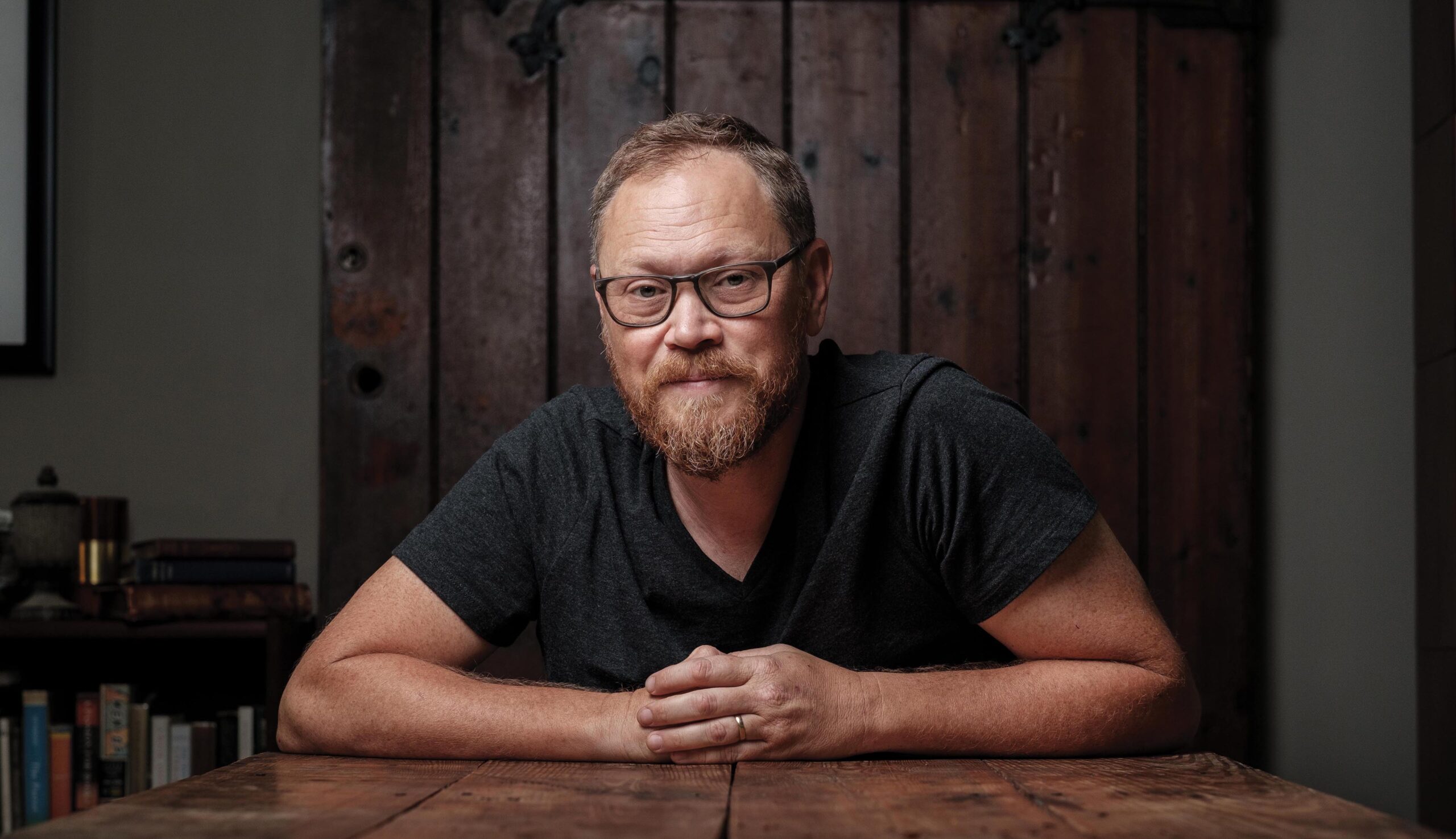I set out note sheets, fumbled with round tables, and spaced out chairs. Coffee and snacks lined the nametag station. It was night one of my leading a “Church for Monday” class in early September, and it felt like clockwork. Our church has offered this class, or versions of it, for decades — longer even than I have been on staff, or even been a pastor at all. As I looked over my notes again, I anticipated the ebb and flow of our nine weeks together: We’d start off excited, eager to attend and engage with the homework, the memory verses, the reading, then we’d slowly bleed momentum as soccer practice, and business trips, and sick kids eventually caught up to our best intentions. It would be productive, mostly helpful, and we’d all move on to Thanksgiving and Christmas.
I don’t mean to sound cynical; I believe in faith and work. This class is named “Church for Monday” for a reason. It is designed to help Christians connect everything they do on Monday to the faith we profess on Sunday. In the abstract, that’s simple enough. But ask any pastor and they’ll tell you: Making that connection for a specific person, with an actual job, real problems, disappointments, anxieties, questions, and doubts, gets a lot harder. So when I approached this class, I was ready for nodding heads, but probably not concrete application. That (hopefully) would come later, after more time and study. Or it wouldn’t.
We tried something new this time: The class would culminate in a capstone project. Each participant would determine one specific thing they would do differently on their Monday as a way to test out the principles of the class. It was a good idea, but a last-minute one. I was a bit nervous about it as we had never tried it before, and honestly, we did not communicate it well early on. When I did circle back to rectify the confusion halfway through the class, I got a lot of blank stares.
When the last night of class came, I went through the same routine (note sheets, tables, chairs, snacks) but with an anxious energy. Tonight, the class would share what God had done in their capstone project. I literally had no other content to cover. If I got blank stares again, it would be a very long, very painful hour and a half.
I hate to admit this, but even pastors can be surprised when God shows up, when ideas stick, when life transforms. That night, I became a believer again. I was blown away by the emotion, the excitement, and the encouragement I heard around discussion tables. When we circled back together, I asked for a few volunteers to share what had happened.
A hospice worker, Jen, decided to adopt a patient at another facility whose family never visited. She planned to be family during the upcoming holiday season. Another woman, Kelly, hearing Jen, chimed in that her mother was currently in a facility, and her capstone was to memorize the name of every worker there, and to greet them and thank them personally every time she visited. Both were in tears and exchanged phone numbers.
A man, Jack, had begun praying for a coworker, not a Christian, but they would travel together for work soon. After weeks of praying, the last week of class, his coworker asked him about the Bible. It was just the open door he was looking for.
The stories kept coming, and I was stunned. By the end of our time, I myself was fighting back tears. What I was witnessing chagrined the old, slightly jaded pastor in me. It felt a little like rediscovering why I got out of bed in the morning, why my work mattered, how God could use me in my nine-to-five. It was like faith and work actually worked for me. Imagine that.





